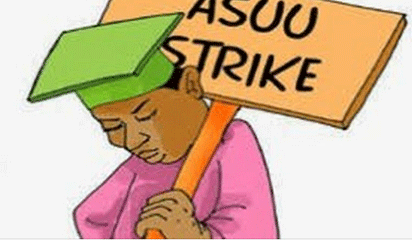VIPPH Analysis: The Impact of ASUU Strike on Nigerian Universities

By Haruna Aliyu, Birnin Kebbi
The Federal University, Birnin Kebbi (FUBK) has temporarily suspended all academic activities as the local branch of the Academic Staff Union of Universities (ASUU) aligned with the nationwide strike declared by its national leadership. According to Dr. Abdurahman Yusuf Bashir, ASUU branch chairman, the institution has fully complied, resulting in the complete shutdown of lectures, laboratory sessions, and other academic operations.
Dr. Bashir emphasized that ASUU remains the only recognized academic union at FUBK, clarifying that CONUA does not have a presence on the campus. “We don’t have CONUA here; it doesn’t exist in our university. We only have ASUU,” he stated, reaffirming the union’s exclusive representation of academic staff.
The strike, though not triggered by local grievances at FUBK, is part of a larger, coordinated national movement addressing systemic issues affecting universities across Nigeria. The union is calling on the Federal Government to honor previously reached agreements and address long-standing demands related to staff welfare, funding, and institutional autonomy.
Despite government warnings of a “no work, no pay” policy, ASUU remains committed to its industrial action, asserting that the struggle will persist until all demands are met. The campus has assumed a deserted appearance, with lecture halls and theaters locked in compliance with the strike directive. This disruption extends beyond academia, significantly affecting local businesses and vendors who depend on university traffic for their livelihood.
The ongoing strike illustrates the broader challenges within Nigeria’s higher education sector, highlighting the critical need for sustainable funding models, improved working conditions for academic staff, and proactive government engagement to prevent systemic breakdowns in the university system.
